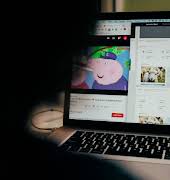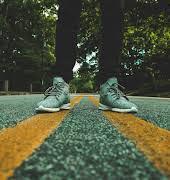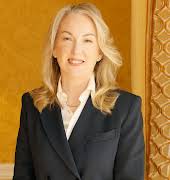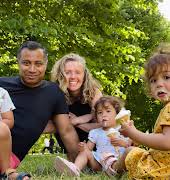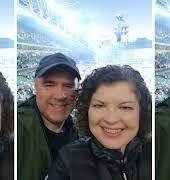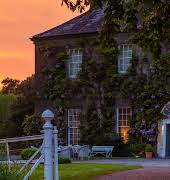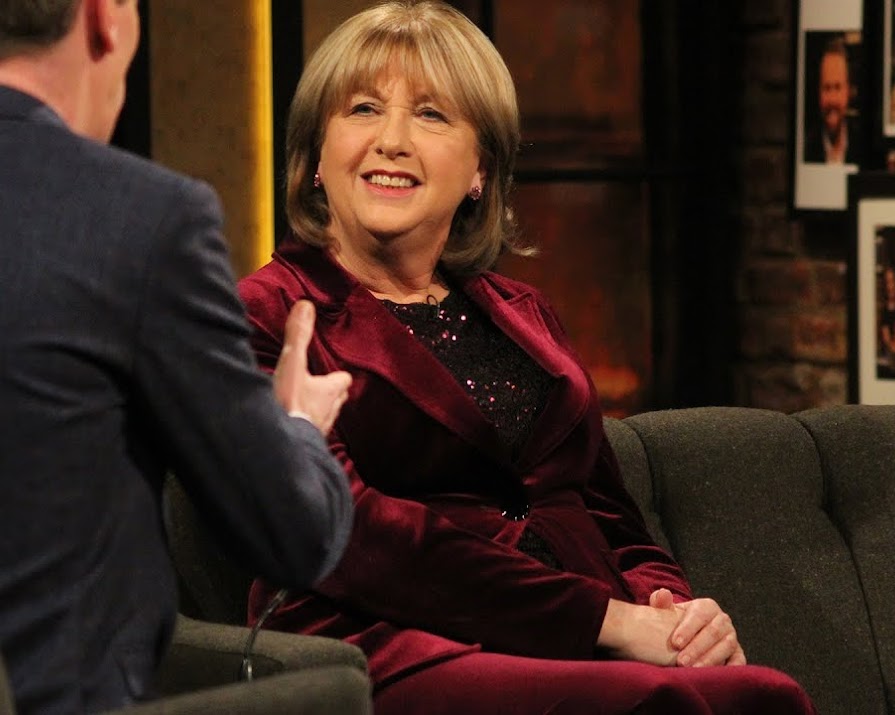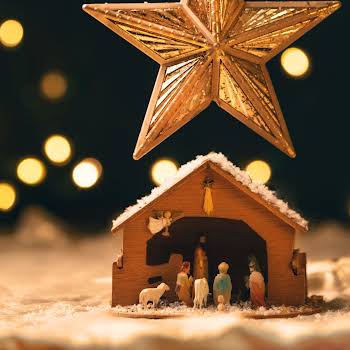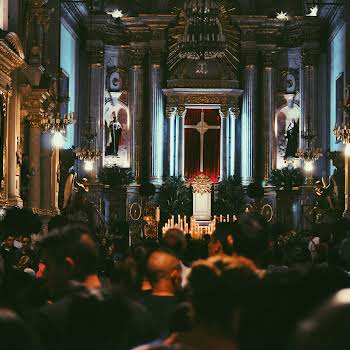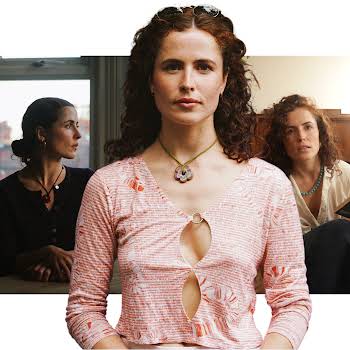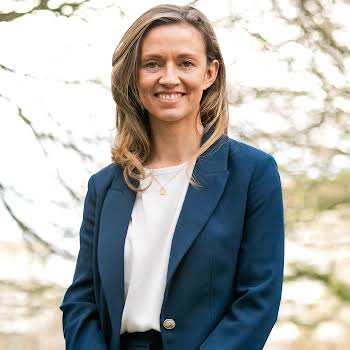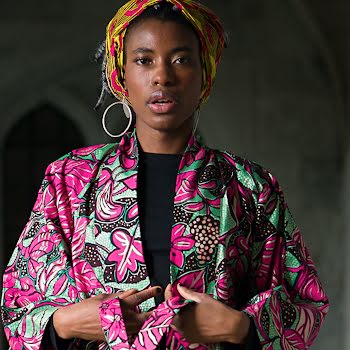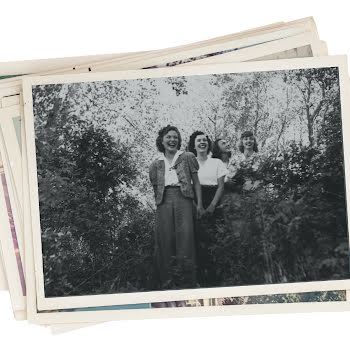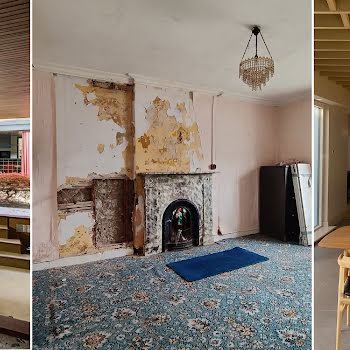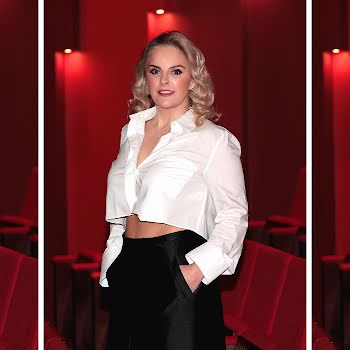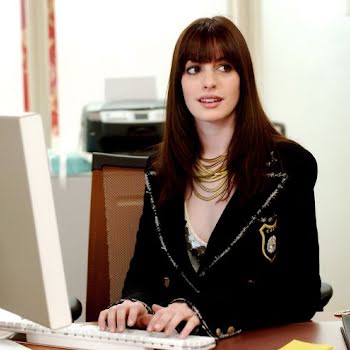Mary McAleese reveals the trauma of her childhood in Belfast during the Troubles
By Sarah Finnan
15th Nov 2021
15th Nov 2021
Opening up about her own experiences of life during the Troubles, Mary McAleese said that she’s still dealing with the after effects of trauma.
The frontwoman of a new documentary airing on RTÉ One tonight, Mary McAleese has been speaking candidly about what her own journey through pain and suffering has been like.
Opening up about her upbringing in Northern Ireland, the former president of Ireland admitted that the situation definitely had lasting effects on her and her family. However, as was the case for most others she spoke to, it wasn’t until years later that she really understood the true extent of it though.
PTSD
According to a World Mental Health survey carried out 10 years ago, Northern Ireland has the world’s highest recorded rate of post-traumatic stress (PTSD), but it’s a phrase that many were unfamiliar with. In fact, McAleese herself only found out what it meant after hearing psychiatrist Peter Curran describe the disorder on the radio. “I had to pull the car over,” she remembered. “I suddenly realised, ‘Dear God, that’s an exact description of my father’”.
Everything changed for him in an instant, she noted as she recalled the time that her father’s pub was bombed. Managing to safely evacuate all staff and customers, one woman mistakenly thought that her child was inside and tried to go back inside. Rushing forward to stop her, he was unsuccessful in his attempts and unfortunately, the woman died in his arms after a flying piece of shrapnel broke her neck.
“My father went out to work that morning his normal self and when he came home he wasn’t my father. That day our lives changed dramatically. We lost our home, we lost our business and my father somehow was lost inside himself,” she reflected. Usually so full of life, he went silent thereafter and had suffered “catatonic depression” in the years following the incident.
Lasting effects
Mary herself continues to feel the after-effects of such trauma too, with recurring nightmares often plaguing her sleep. “Terror is an awful thing to live with on an ongoing basis,” she pointed out. “It’s a dreadfully unhealthy thing that burrows deep down into your psyche. I don’t think these things are ever over. There is always the strain somewhere in your life.”
It’s not always an easy thing to talk about though, something McAleese knows all too well having had a difficult conversation with her father about that fateful night. “I said, ‘Can we just talk about what it did to you and where you went to in your head?’. And he looked at me and he said, ‘Do you know, you are the first person who has ever asked me that’, and this was the best part of 20 years later.”
Part of a wider conversation about the role religion played in the Troubles, McAleese also met with a number of different people to discuss how they were personally impacted by the situation – including Pat Hume, widow of the late Nobel Peace laureate, John; former Sinn Féin president Gerry Adams; former DUP first minister Arlene Foster and Alan McBride, whose wife and father-in-law were amongst 10 people killed in the Shankill fish shop bomb.
Politics or religion
Released in line with the centenary of partition, the documentary comes just weeks after Michael D Higgins declined an invite to attend an event marking the occasion. Deciding to forgo the religious event as it had become more of a “political statement” than anything else, McAleese refused to comment on whether she would have gone, but she did tell The Irish Independent that it’s a situation she’s all too familiar with. According to her, the blurred lines between the two created a “toxic mix of religion and politics which created a hell. In [her] life and in the lives of so many”.
“It was an unnecessary hell,” she continued. “Because actually most of the people who were captured inside that hell were decent people. Many of them were decent people who regrettably got caught up in the fervent nature of the times and made really bad decisions. Decisions to join paramilitaries, for example. Decisions to conduct themselves in a way that kept the hell going. And I have a great deal of sympathy for all those people because we were all in that place.
“We were all stuck in that ridiculous stew and not everybody was able to respond with maturity, with distance, with enough imagination to transcend the miserable nature of that really low-level politics and very, very low-level religion that we were exposed to,” she added.
Hell on earth
Albeit a proud Ardoyne woman at heart, McAleese doesn’t mince her words when it comes to what she thinks of the Troubles. It “was and is a hell on earth created by Christians”, she points out. “We have to be able to say that straight out. Straight out loud. And ask of those Christians, how are you going to change that?
“How are you going to stop creating and recreating that hell on earth and try and make Northern Ireland and Ireland in general into the decent, good and kind place that all of us long for in our hearts?” As she puts it, it reflects “no credit on Christianity” and “no credit on the politics of Northern Ireland” if we “cannot draw on what is transcendent and what forces us to behave better”.
Mary McAleese’s new documentary With God On Our Side airs on RTÉ One tonight at 9:35 pm.

